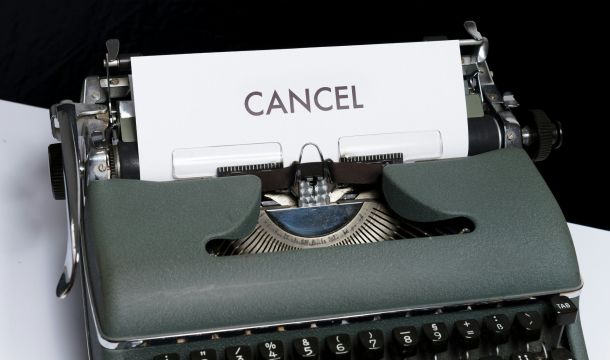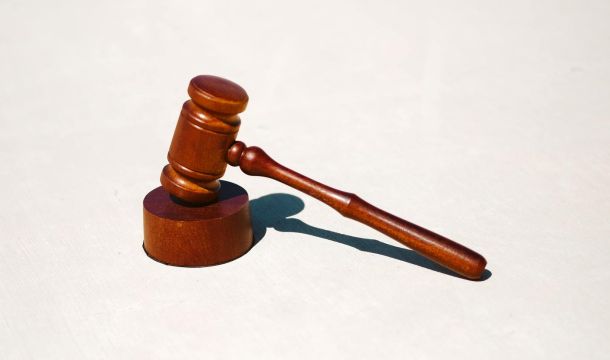Union Fines Employee $22,000.00 for Crossing Picket Lines
Employers often hear rumors of employees being fined for crossing picket lines during union strikes or other work stoppages. Indeed, a union's ability to fine its members is one of the arguments raised by employers in union organizational campaigns. Employers rarely get to see the results of an actual case to see how unions operate in this regard. A recent case involving a 2012 strike at Caterpillar is quite revealing in this respect. International Association of Machinists Local Lodge 851 (Caterpillar), 197 LRRM 1886 (ALJ decision, 11/12/13).
During the strike, employees were offered strike benefits of about $100.00 per week if they assisted the union by engaging in striker picket line-related functions. This was announced at meetings that the union had with employees prior to the commencement of the strike. Employees were also told that if employees returned to work during the strike, they would be subject to fines. However, the extent of any fines had not yet been determined and would not be determined until after the strike was over. In the meantime, a number of the employees abandoned the strike and returned to work.
Subsequent to the strike, a committee was chosen to hear charges against those union members who crossed the picket line and to determine the amount of fines to be levied against them. One employee was fined $21,558.00, another $15,564.00, and a third $11,938.00. Other union members who returned to work received fines that were either lower or higher than the three persons involved in the case.
One of the three persons fined, Jackson, was a relatively newly hired employee, who did not attend the union meetings, and was not aware of the union's position toward returning to work, benefits, or fines. He testified that because he was short of money, he called the union telephone number, talked to a union official, and asked the official what the consequence would be if he crossed the picket line. The employee was allegedly told that he would get fined and the union would not represent him in the future. When he asked about the amount of the fines, he was told it would be $100.00 to $200.00. The union official denied the telephone conversation.
The second employee, Jones, said he typed out a letter of resignation of his membership, which he mailed to the union local address. The union denied receiving any such letter. Jones testified that he also handed a copy of the letter to a shop steward on the picket line, and told the shop steward that he was resigning from the union before returning to work. Jones testified that the shop steward said he did not think that a person, once a member, could resign. According to Jones, he told the steward that this was incorrect and that the steward could check with the labor board. Jones testified that the steward then took the letter, crumpled it up, and threw it into a garbage pail. The steward denied the conversation.
The union thereafter sent out a letter to the three persons, notifying them that under the union constitution a trial date had been set. At least one of the three members in question attended the trial and claimed he had sent in a resignation letter, tendering a copy of the letter that also had his writing on it. The trial committee rejected testimony and sent him a letter advising him that he was fined $11,938.00 and that he would not be eligible to hold any union office for a period of five years.
The NLRB administrative law judge hearing the case involving unfair labor practice charges subsequently filed by the three union members, stated the following rule of law. The judge concluded that if the members resigned from the union before they abandoned the strike, then the imposition of the fine would violate the Labor Act. The question before the administrative law judge was whether or not the individuals actually resigned before they returned to work.
The NLRB administrative law judge did not credit the claimants' testimony, finding that if their testimony was credible, they would have taken more steps to insure that they could prove that they resigned prior to returning to work. The judge indicated that, given the possibility of being faced with a large fine, the members would have taken greater steps to ensure they had proof of resignation prior to return to work. The judge credited the testimony of the union steward and the union official that no such resignation information had been received. The judge also did not credit the one member's testimony that the union official told him that if they returned to work, they would face a fine of only $100.00 to $200.00. Instead, the administrative law judge credited the union's testimony that at the time of the alleged conversations, the union had not yet determined how much the fines would be.
Editor's Note: This case visibly demonstrates the application of the union rules, fines, and "justice."
Related Content
Get Email Updates

Issues on DEI from EEOC and DOJ

The Constantly Changing Work Authorization Rules

New Administration Faces Temporary Injunctions against DEI Termination and Firing of NLRB Member

Biden Administration Issues Antitrust Guidelines for Business Activities Affecting Workers

Trump Executive Order Cancels a $17.75 Minimum Wage for Federal Contractors



